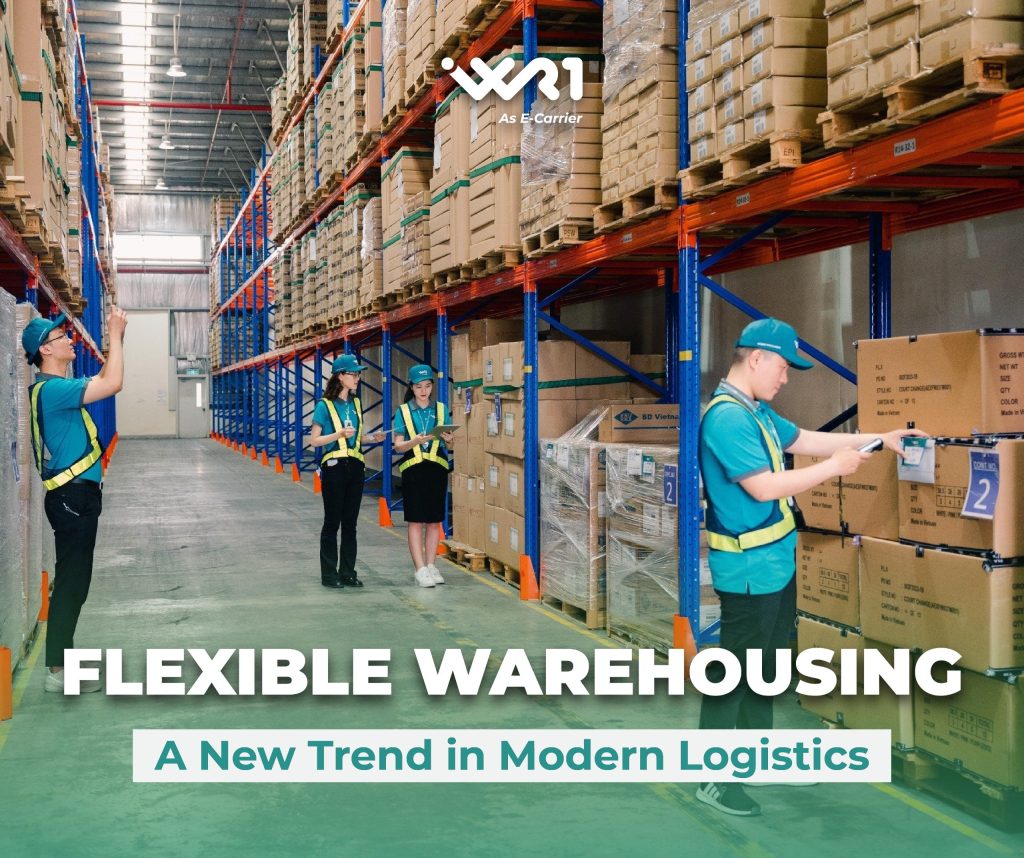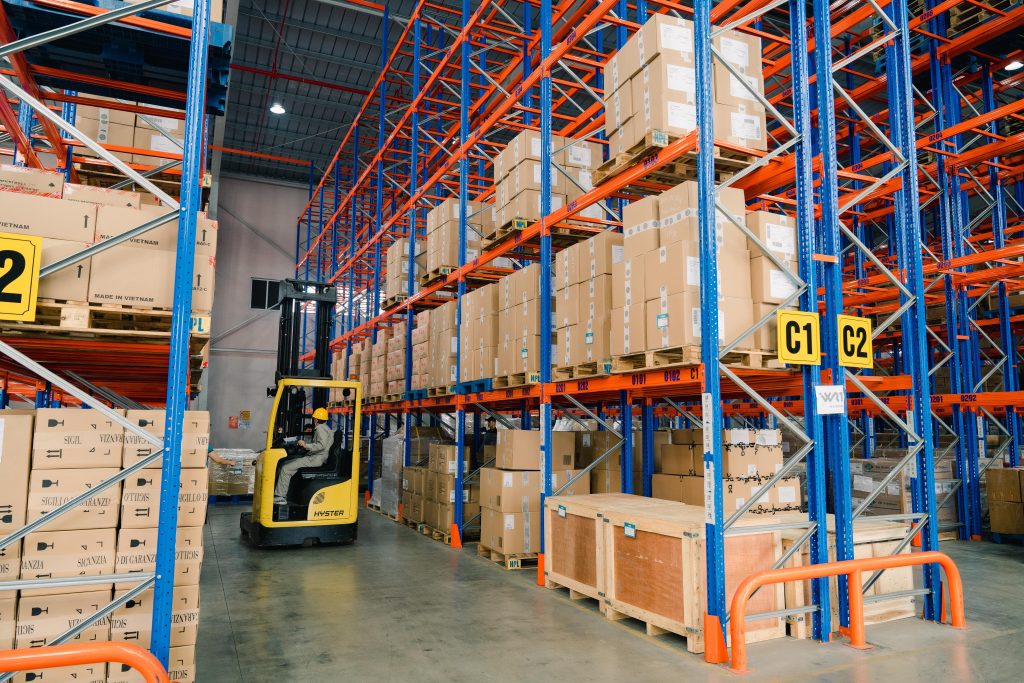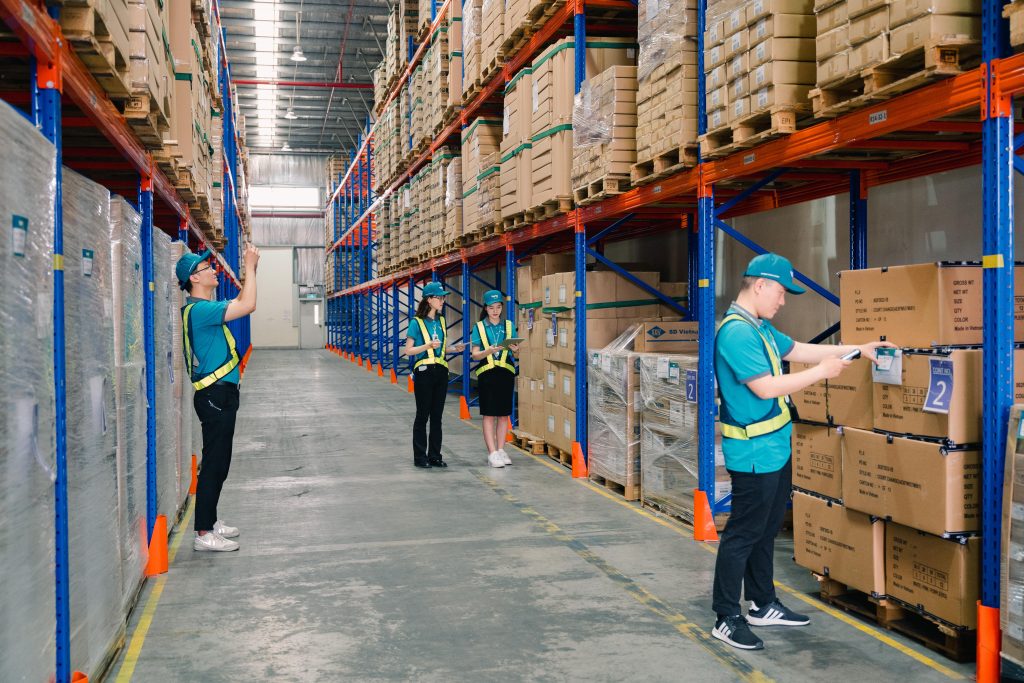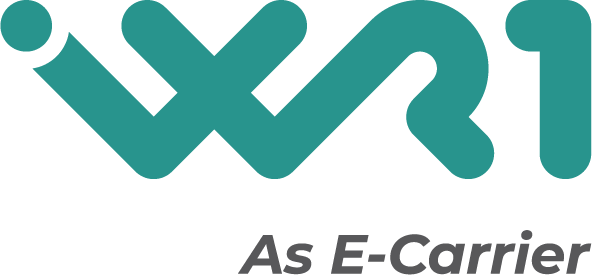Flexible warehousing is becoming a major trend in modern logistics with its scalability, cost savings, and operational efficiency. It allows businesses to adapt quickly to market and seasonal fluctuations without the long-term commitments of traditional warehouse leases. Let’s explore WR1 through the article below.

Characteristics
- Scalability allows for efficient resource utilization and cost optimization.
- Short-term commitments give businesses the freedom to respond to changing demands without financial constraints.
- Integration of advanced technology for inventory management, from sophisticated Warehouse Management Systems (WMS) to integration with Enterprise Resource Planning (ERP) systems.

Benefits
- Flexible scalability businesses can adjust their storage space without being tied down by long-term contracts.
- Cost efficiency eliminates the need for long-term leases and reduces the overhead costs associated with owning warehouse space.
- Improved efficiency in logistics services.
- Ability to respond to market demands.
- Access to advanced technology allows for more accurate tracking of goods, improved inventory accuracy, and better decision-making.
Characteristics of a flexible warehouse provider
- Strategic location provides a strategic advantage in terms of distribution and service efficiency.
- Advanced technology ensures better inventory management, real-time tracking, and streamlined operations.
- Value-added services such as packaging, labeling, and shipping.
- Security ensures that the facility has comprehensive security protocols to protect your inventory from theft or damage.

Using flexible warehousing effectively
Requires a clear understanding of the company’s goals and how flexible warehousing can support those goals. Ensure that the additional space and services provided will enhance operational efficiency and customer satisfaction.



 Tiếng Việt
Tiếng Việt

